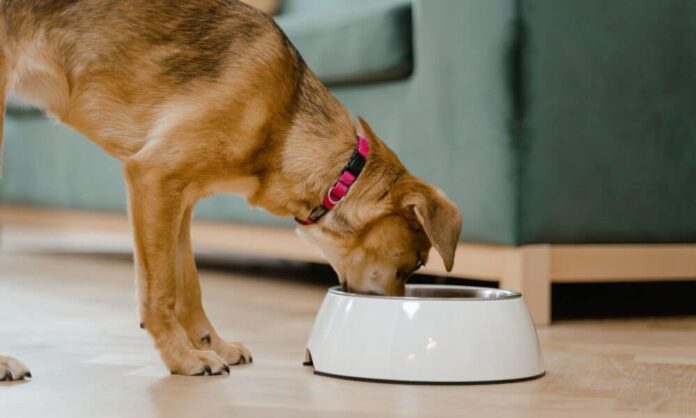Is Your Dog Drinking More Water Than Usual? Understanding Excessive Thirst in Dogs
If you’ve noticed your dog frequently draining their water bowl, this behavior may raise concerns regarding their health. While increased thirst can sometimes be harmless, it can also indicate a more serious underlying issue.
Common Causes of Increased Thirst in Dogs
Several factors may lead to your dog becoming extra thirsty:
- Boredom: Dogs may drink more when they lack stimulation.
- Feeling hot: Higher temperatures can lead to increased thirst as a means to cool down.
- Increased exercise: More activity can naturally lead to greater water consumption.
However, if your dog’s thirst persists for more than a few days, it may indicate a condition known as polydipsia, which can arise from serious medical issues.
What is Polydipsia?
Polydipsia is characterized by excessive thirst and increased urination in dogs. It can be a sign of various health problems that require immediate veterinary attention.
Symptoms of Polydipsia
In addition to increased thirst and urination, look out for the following symptoms:
- Weight loss
- Loss of appetite
- Lethargy
- Vomiting
If your dog exhibits any of these symptoms, consult your veterinarian as soon as possible.
Potential Medical Causes of Increased Thirst
There are several medical conditions that can lead to excessive drinking in dogs. Your veterinarian may explore the following possibilities:
- Diabetes mellitus (“sugar diabetes”)
- Kidney (renal) dysfunction
- Cushing’s syndrome
- Pyometra: an infection of the uterus in unspayed females
- Diarrhea
To diagnose the underlying cause of polydipsia, your dog may need to undergo various tests such as urinalysis, blood serum chemistry, complete blood count, and urine specific gravity assessment. These tests help narrow down the potential reasons for excessive thirst.
Seeking Veterinary Care
Prompt diagnosis and treatment are crucial if your dog is diagnosed with an underlying condition. Early intervention can lead to better health outcomes for your pet. If you suspect that your dog is experiencing polydipsia, we strongly advise scheduling a visit with your veterinarian for a thorough evaluation.
Staying informed about the signs and causes of excessive thirst in dogs can help ensure your furry friend remains healthy and happy.












